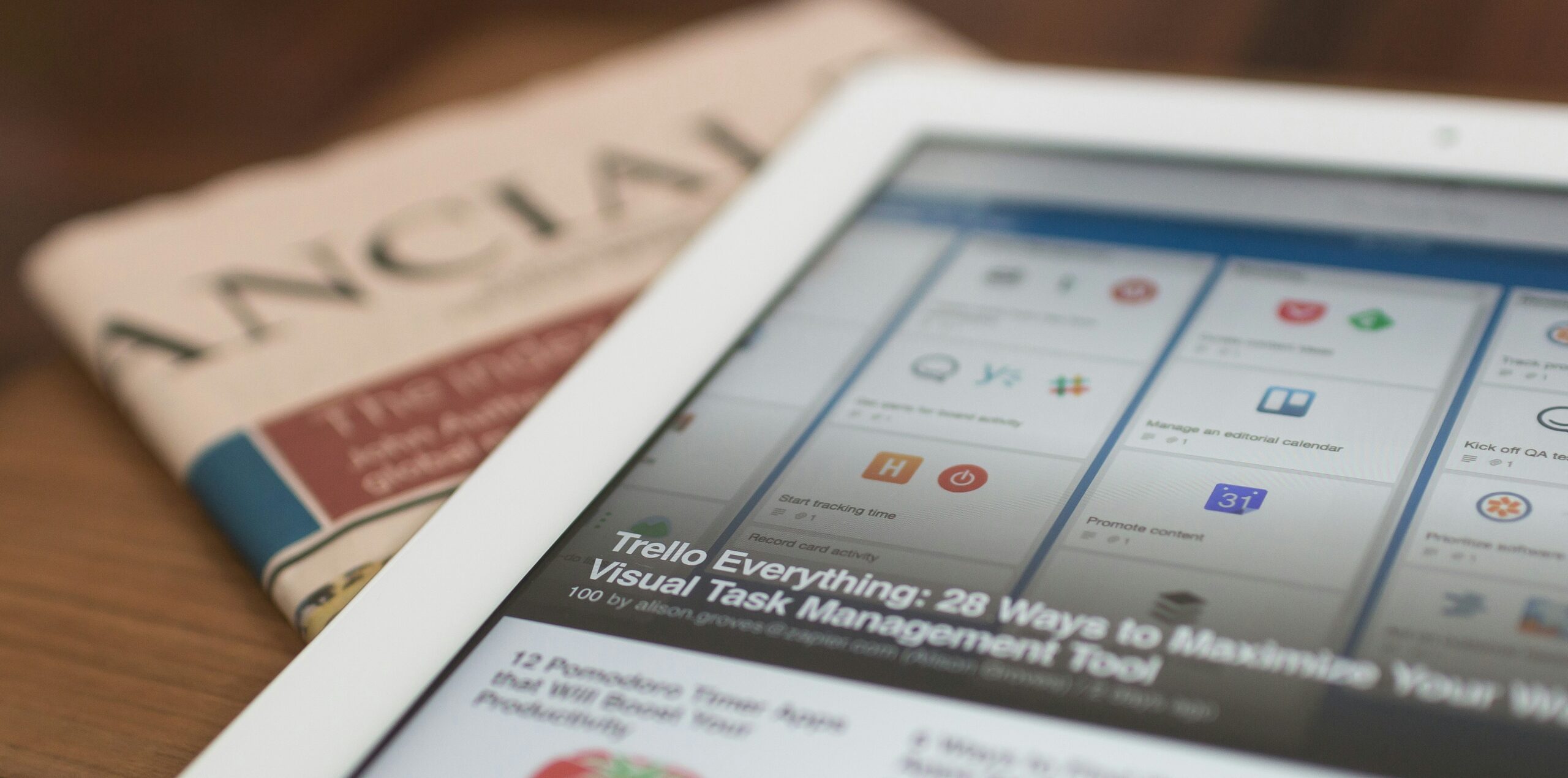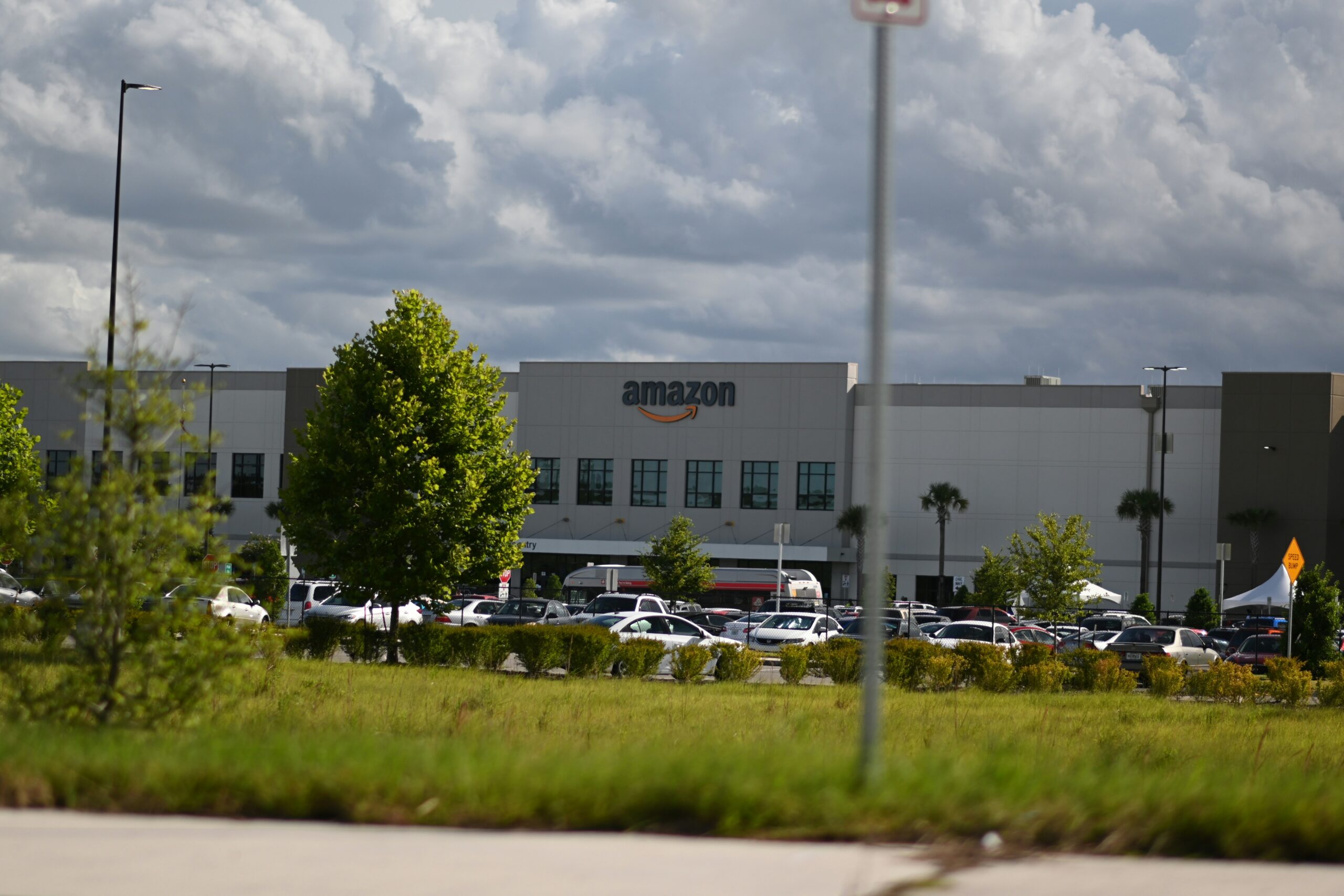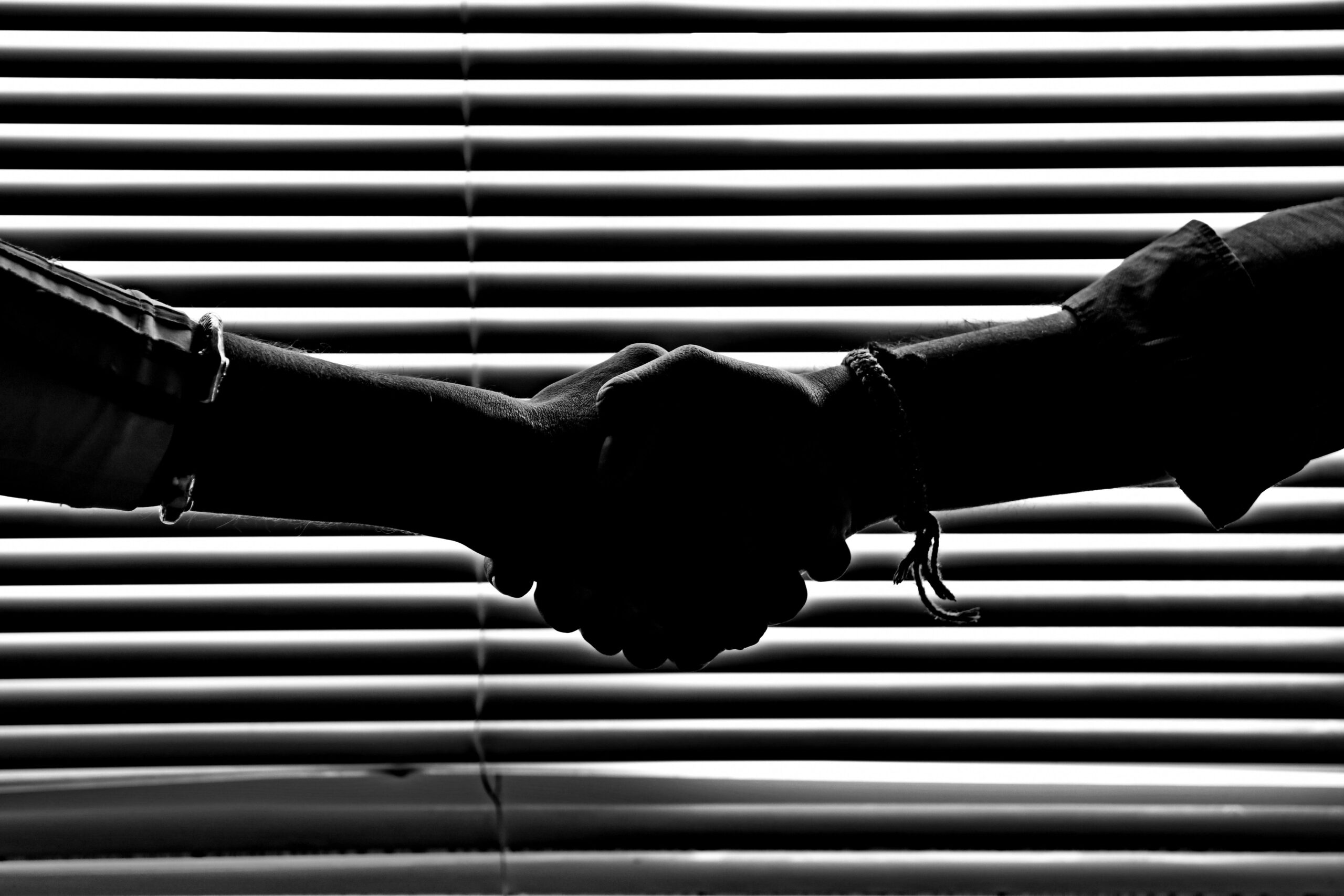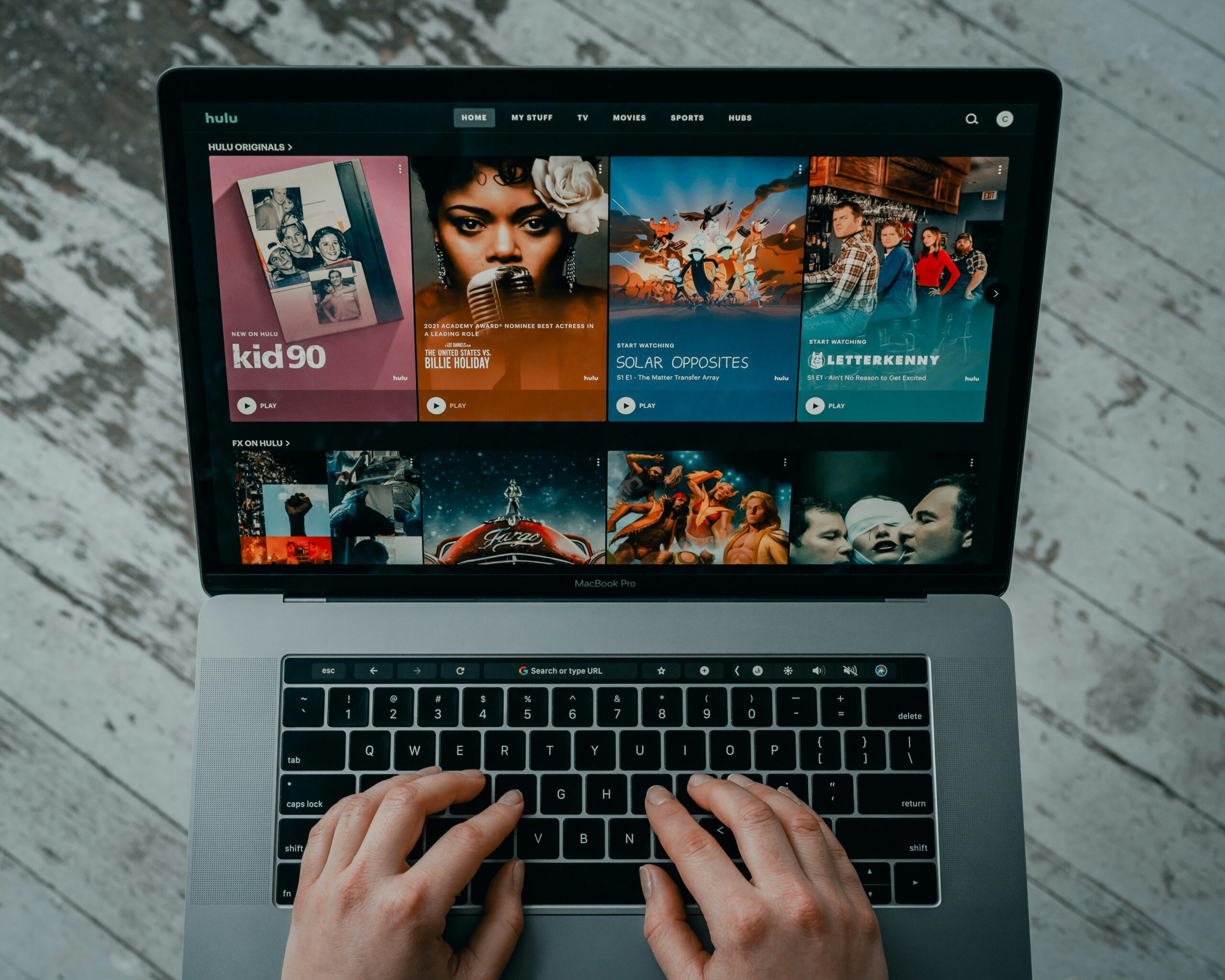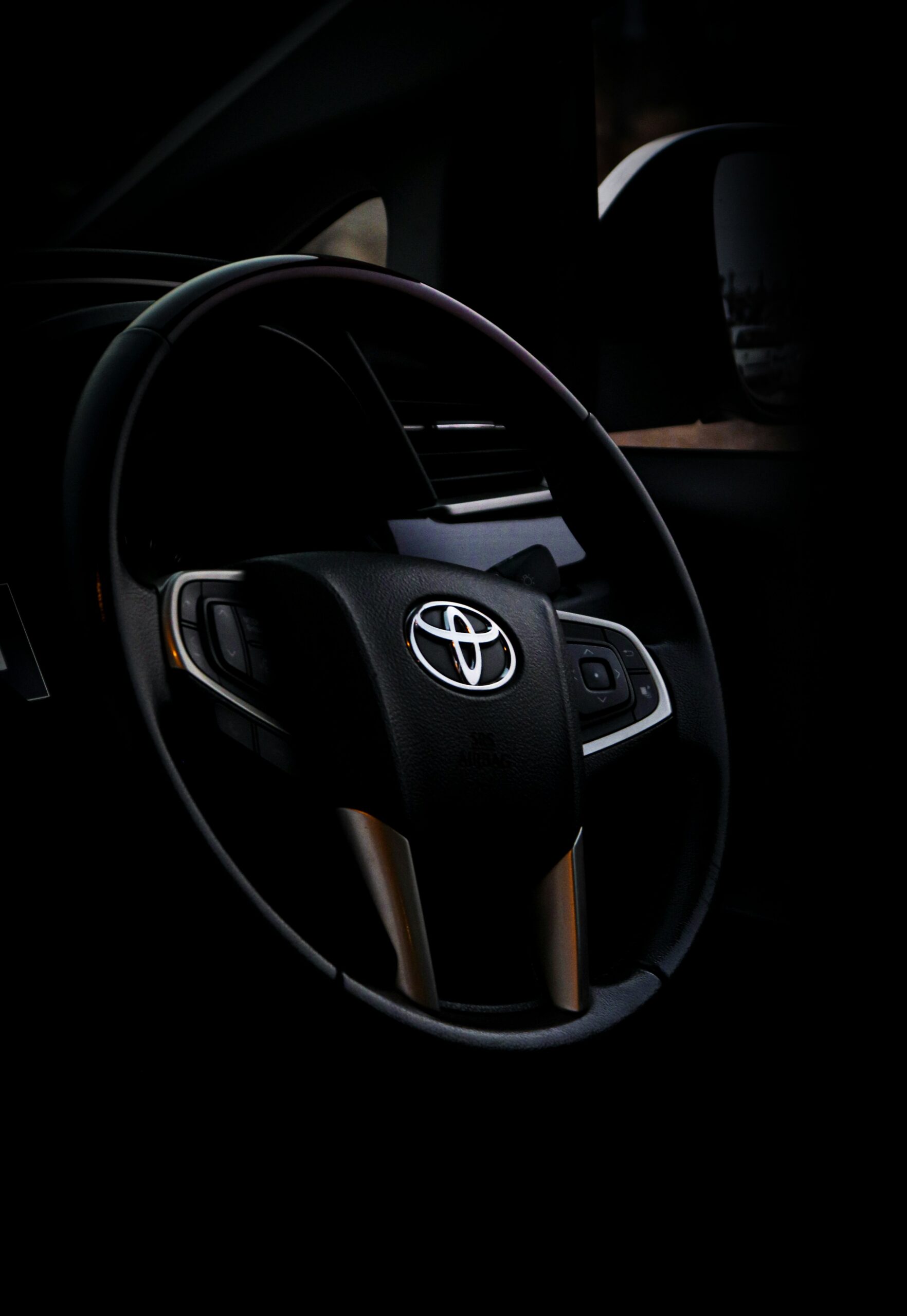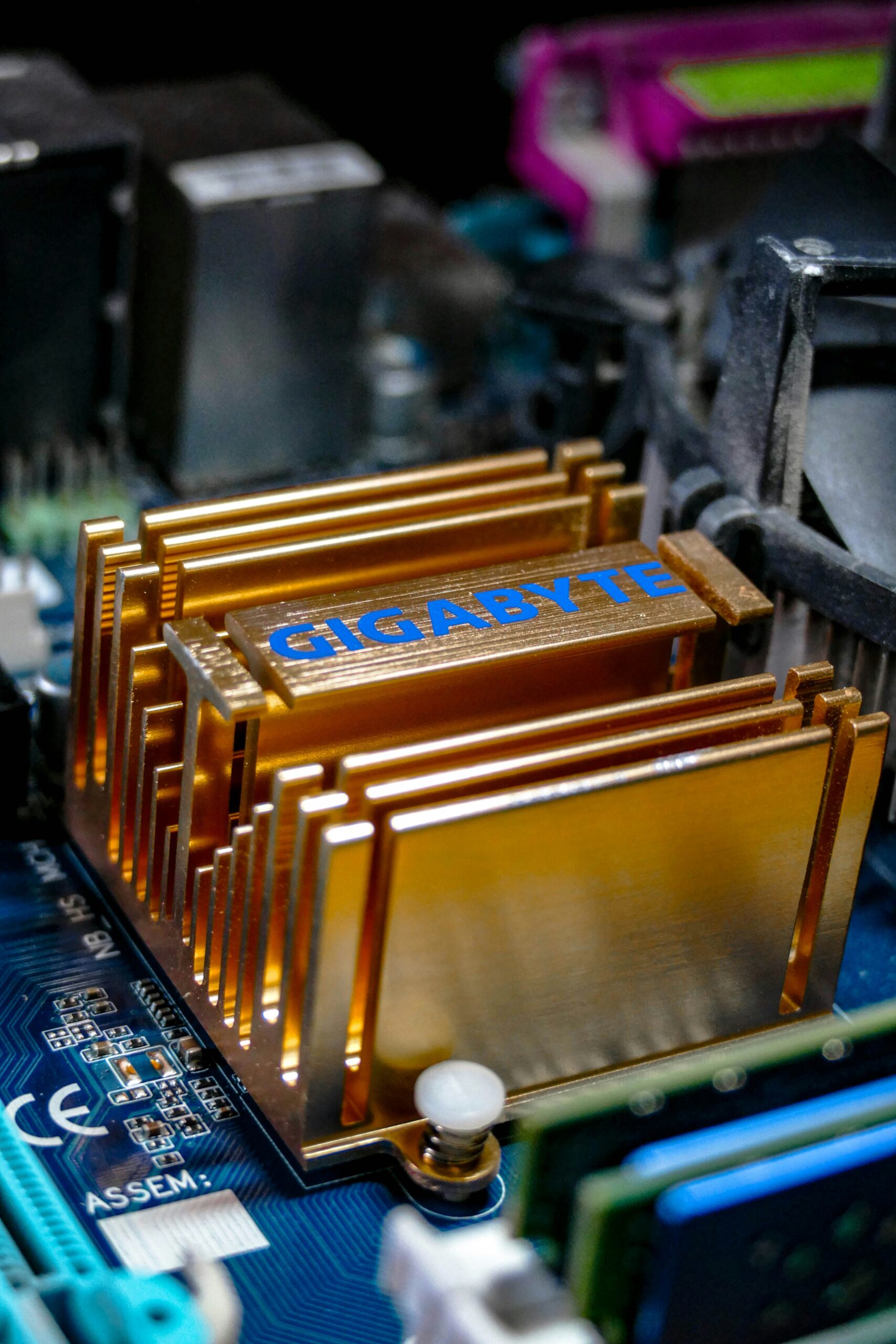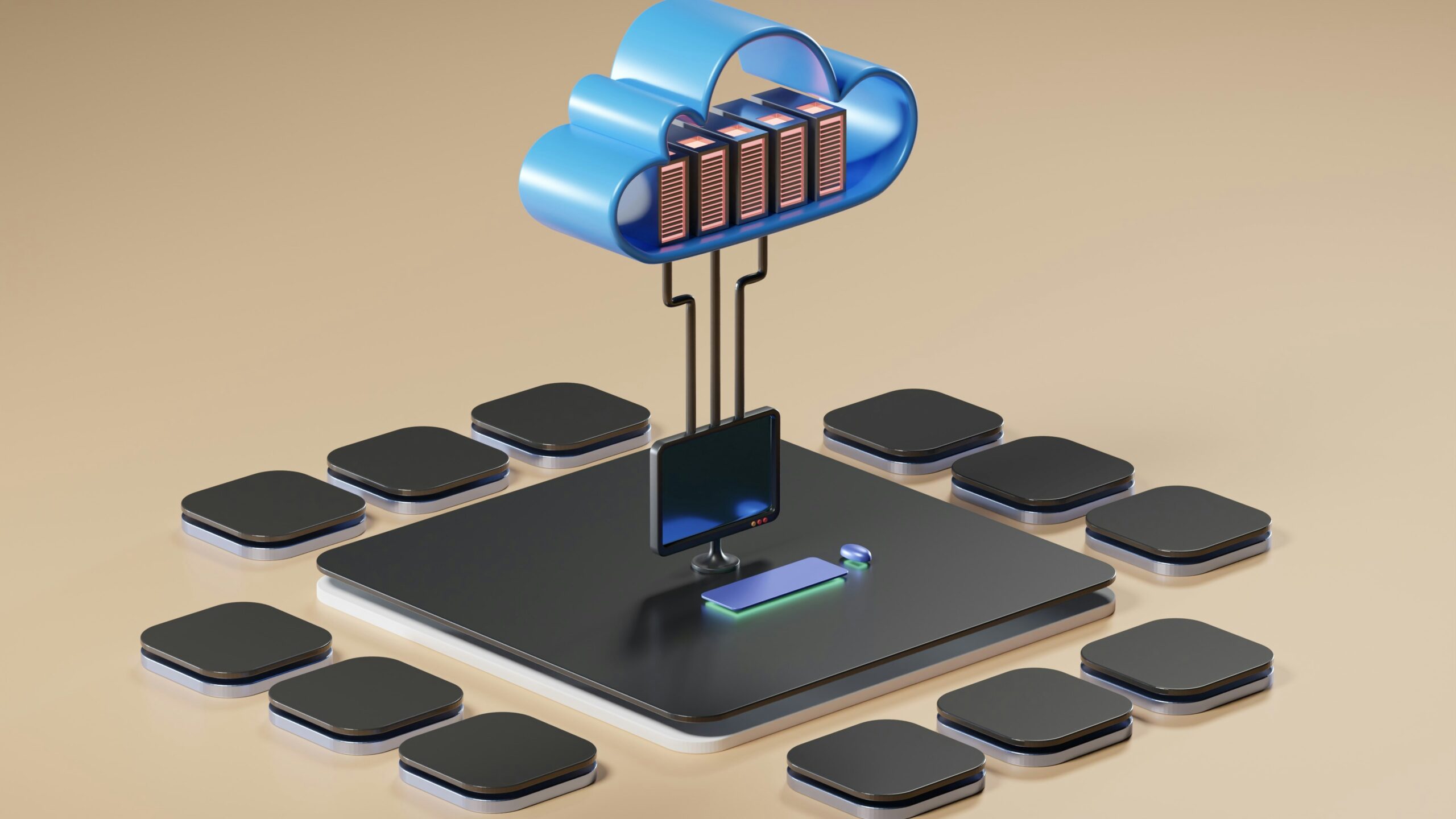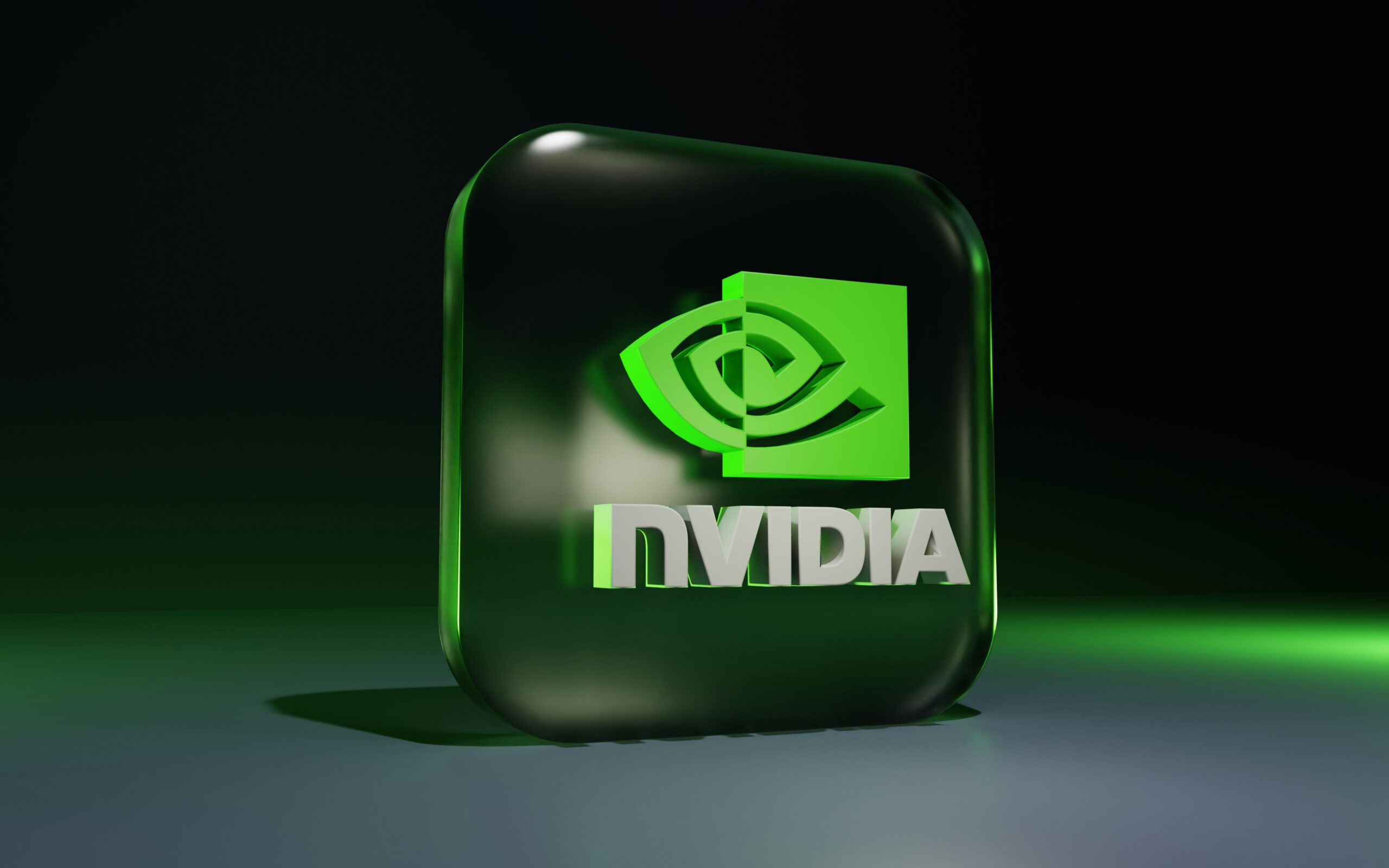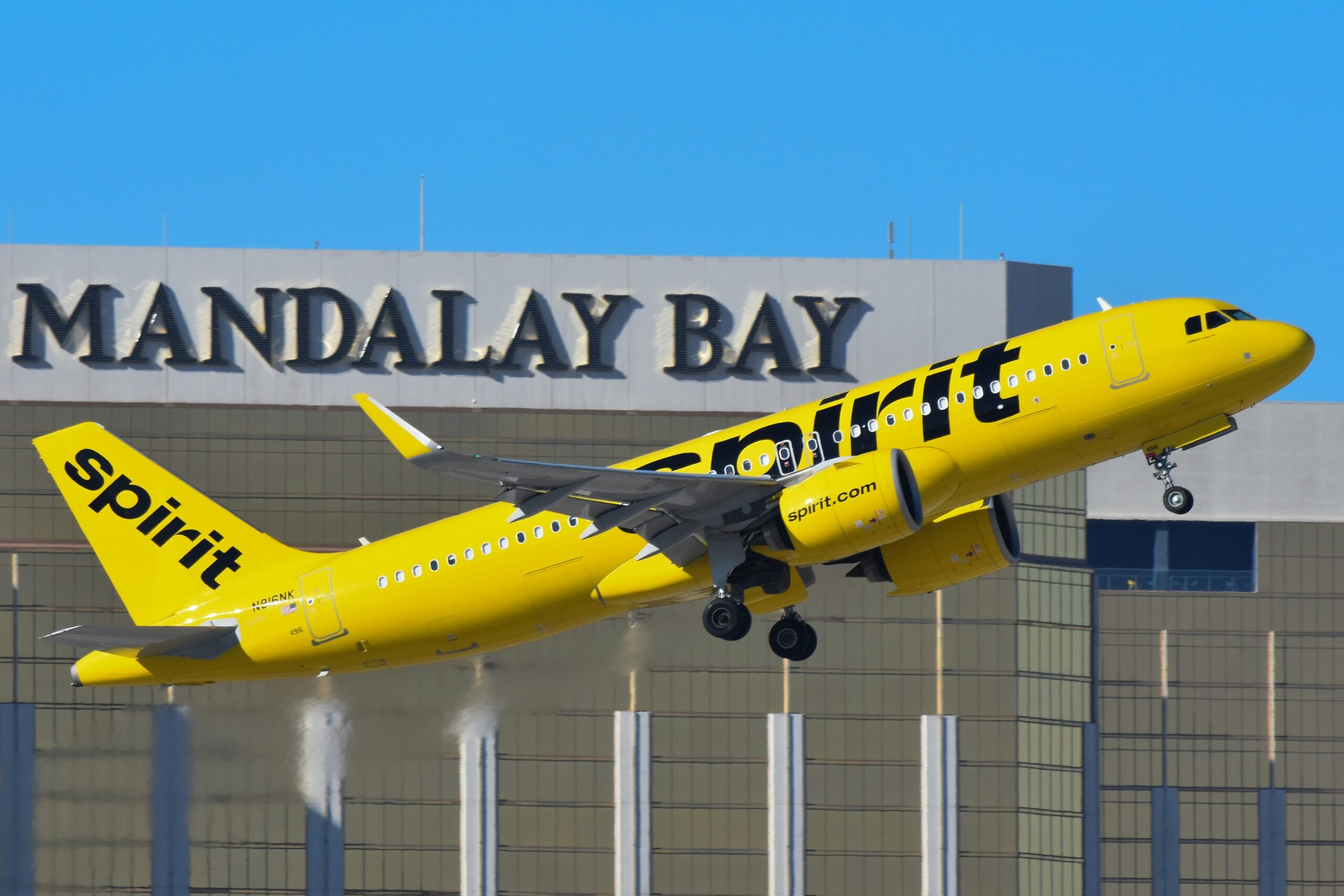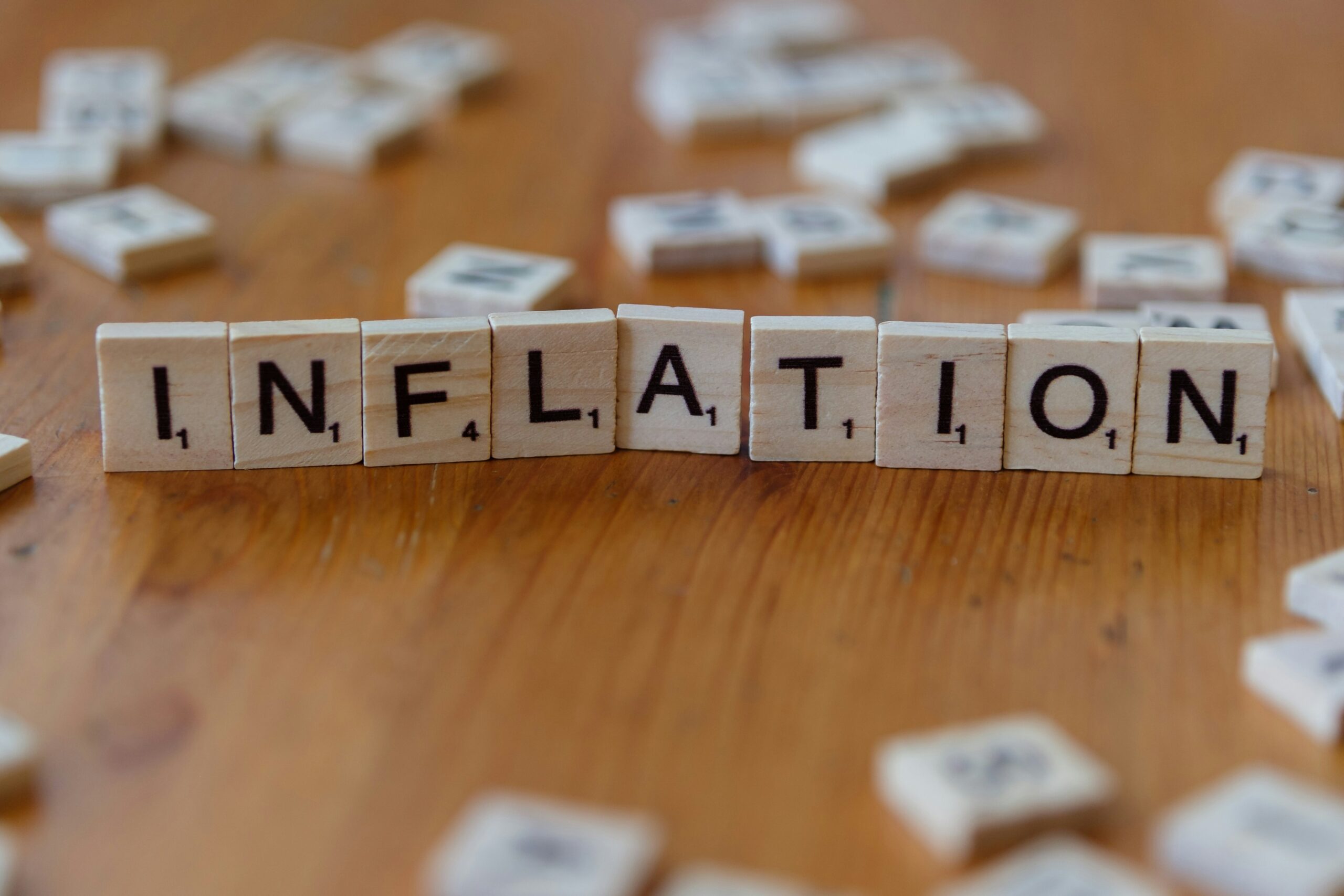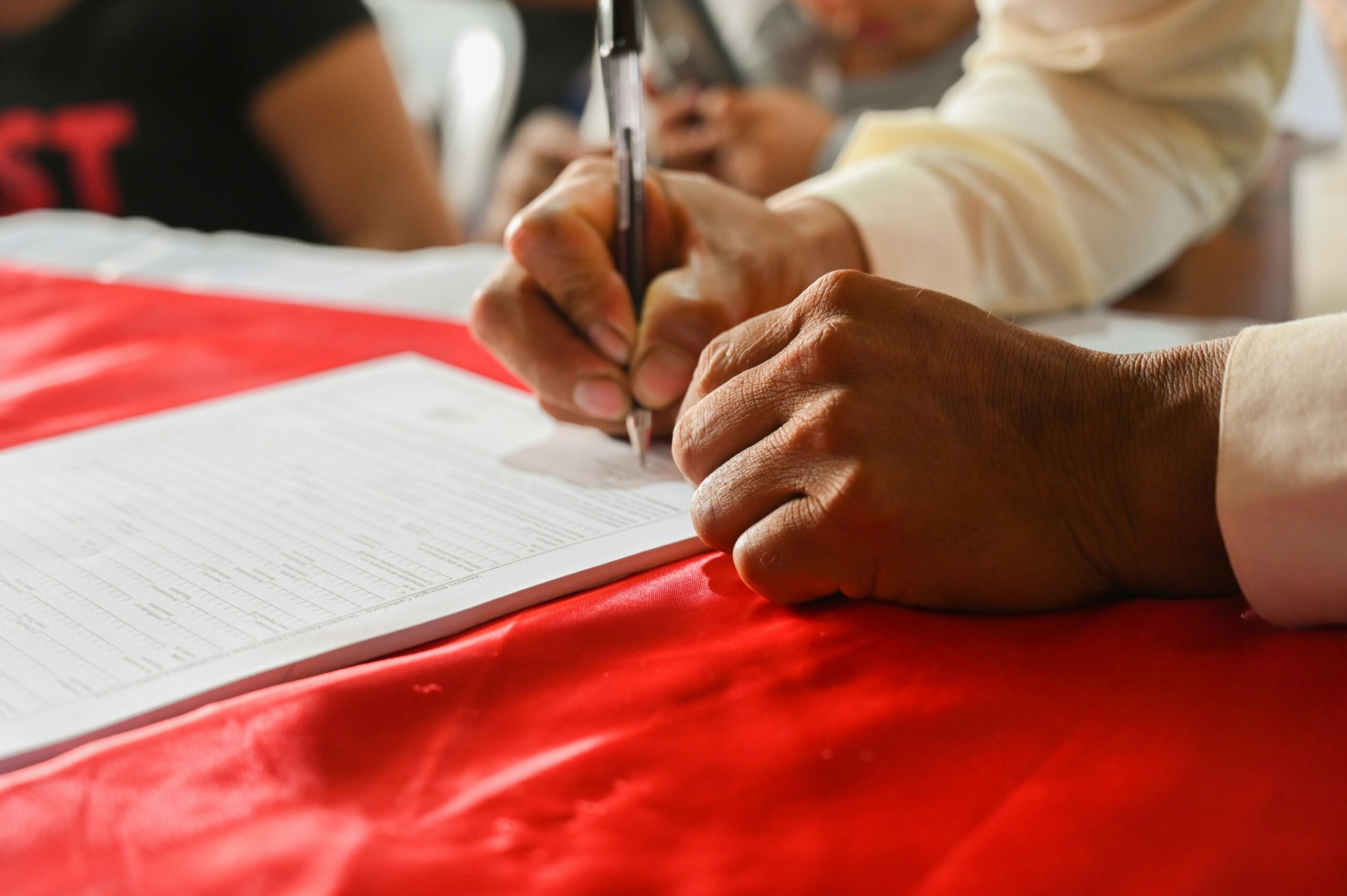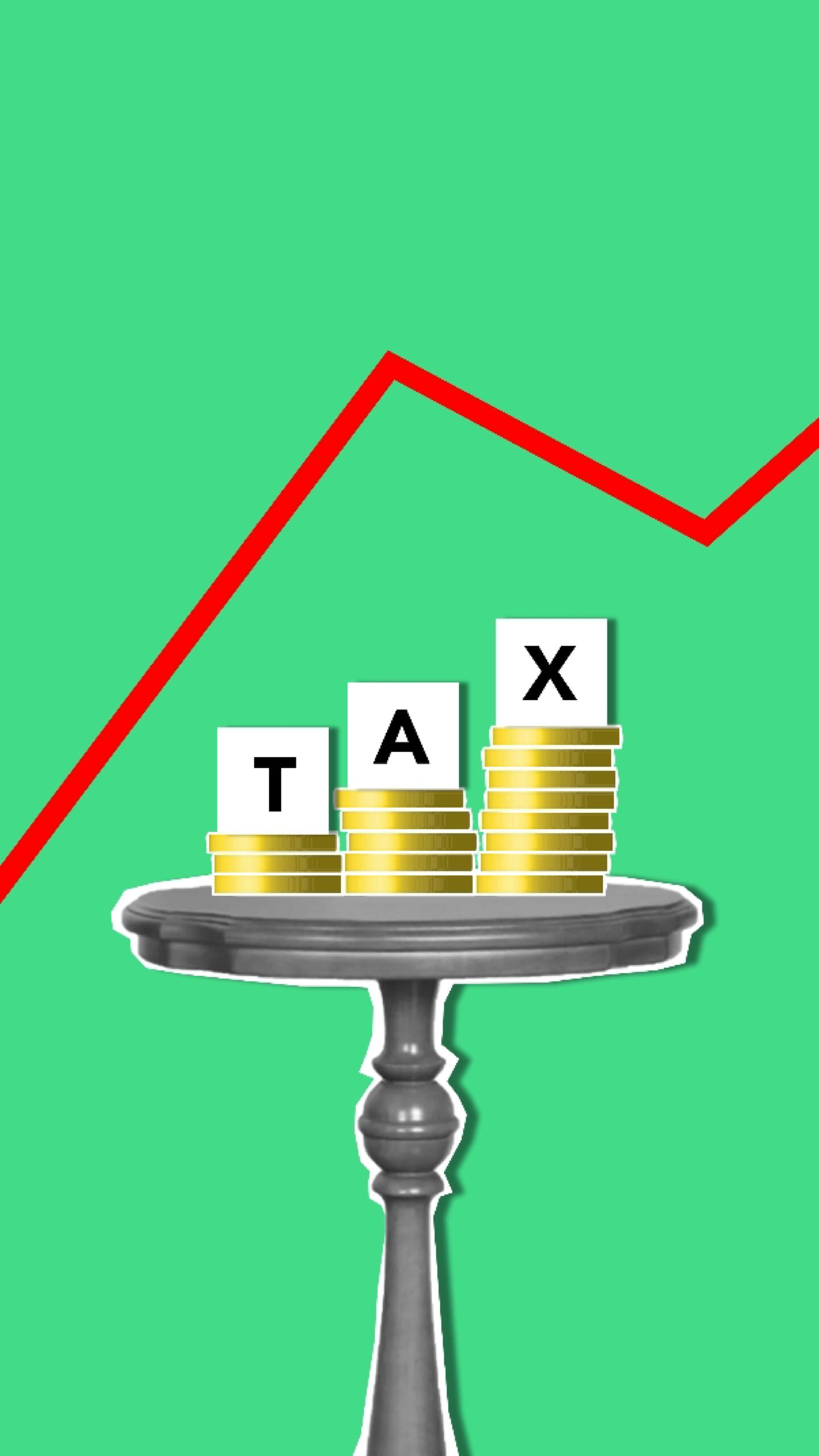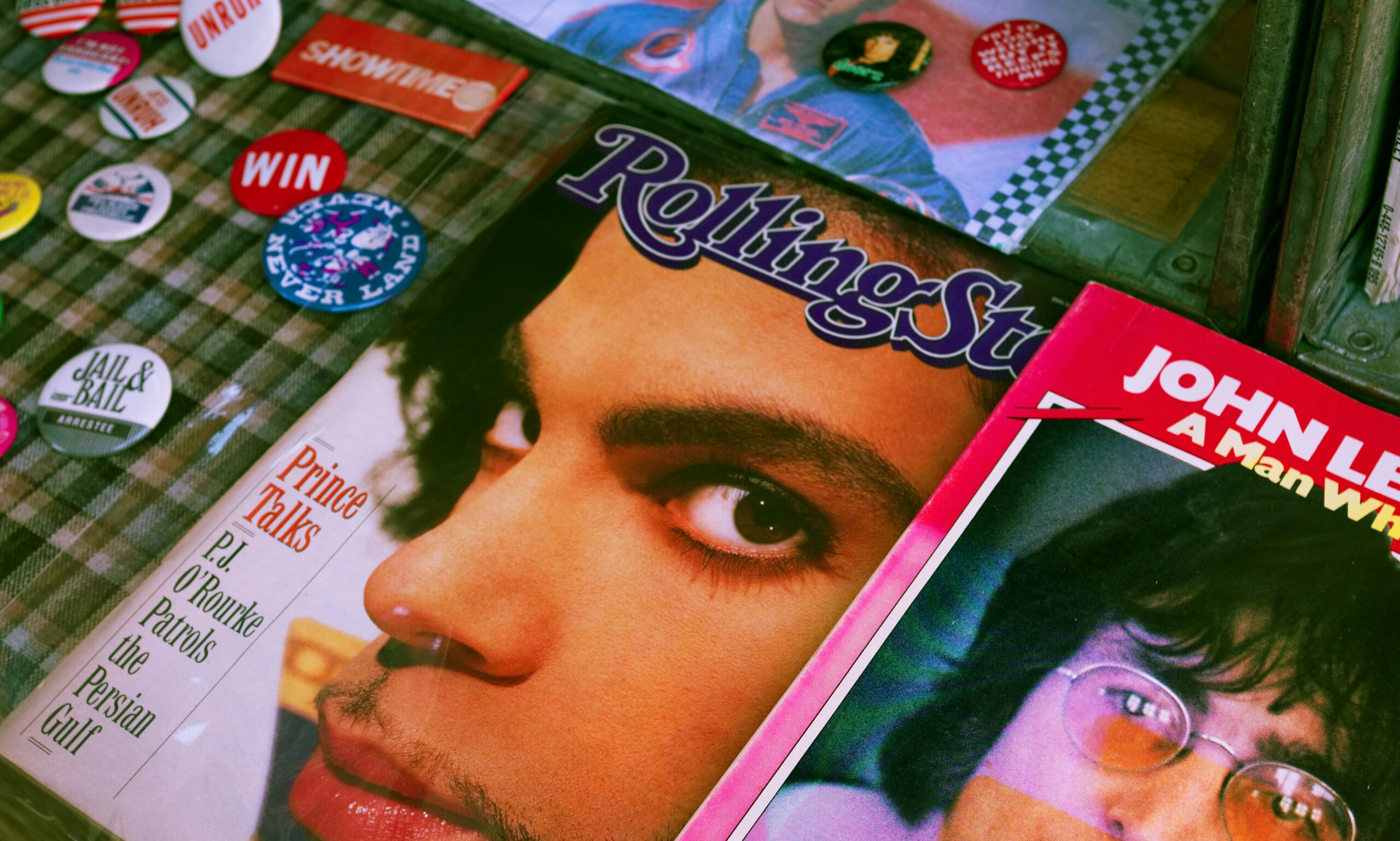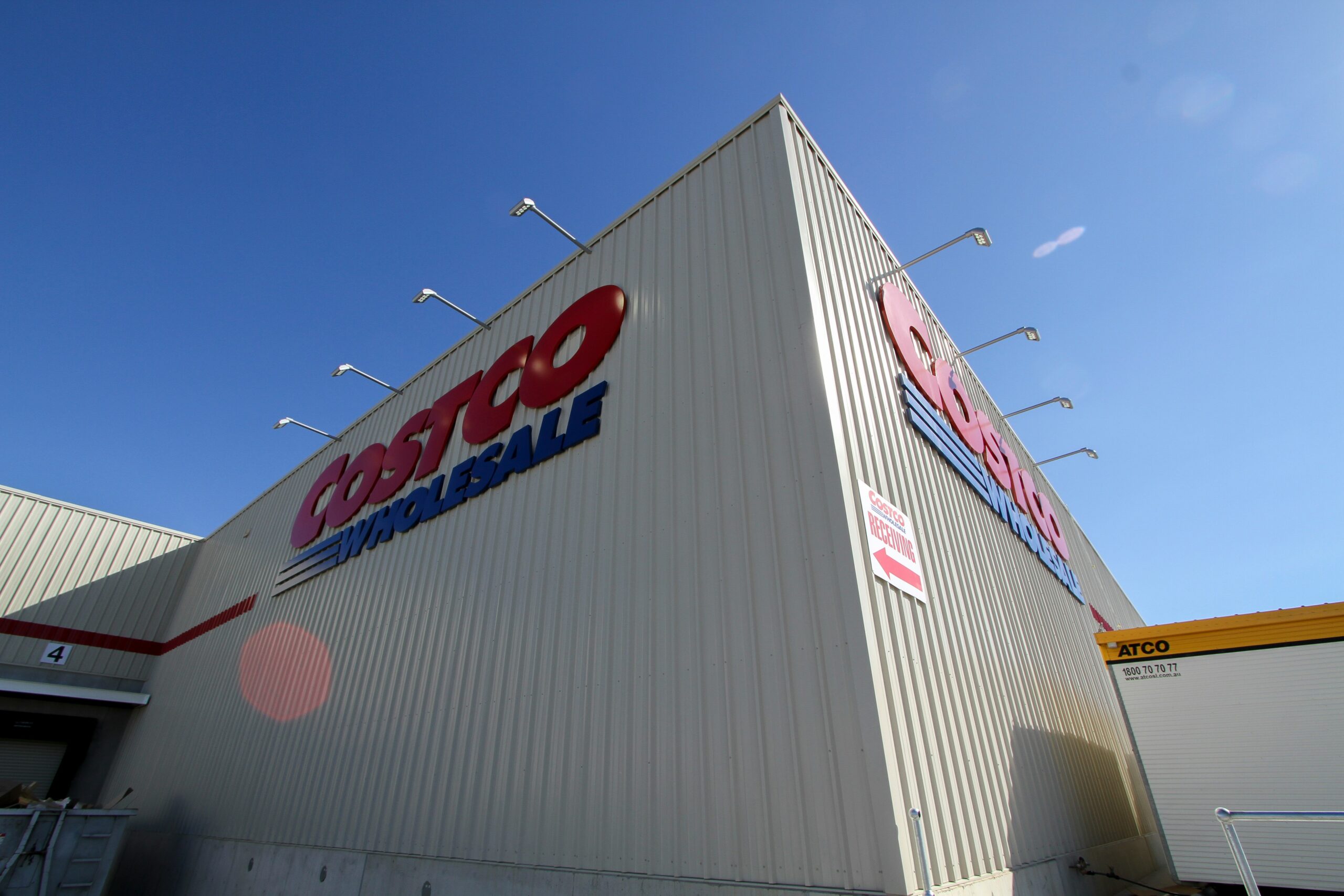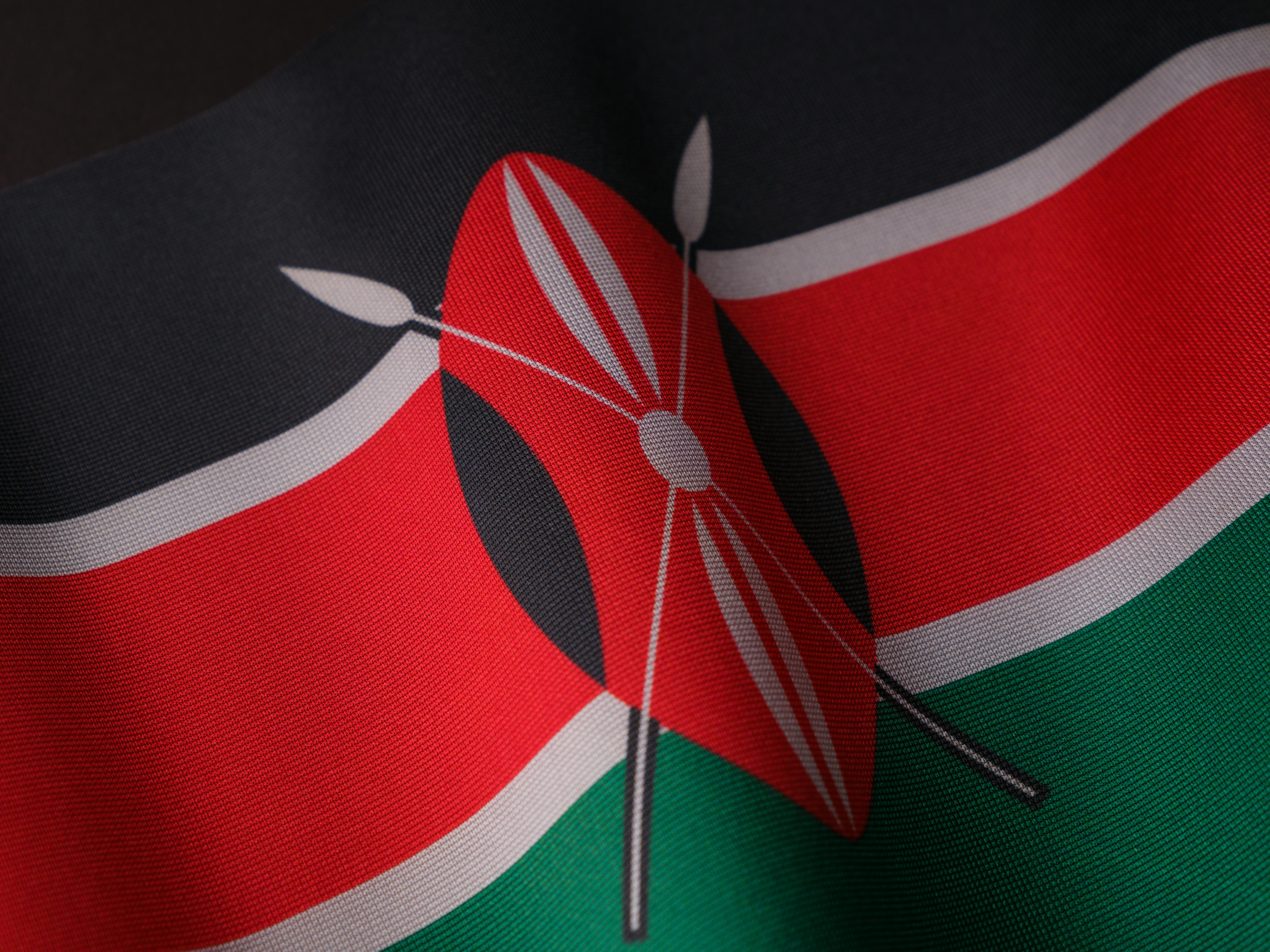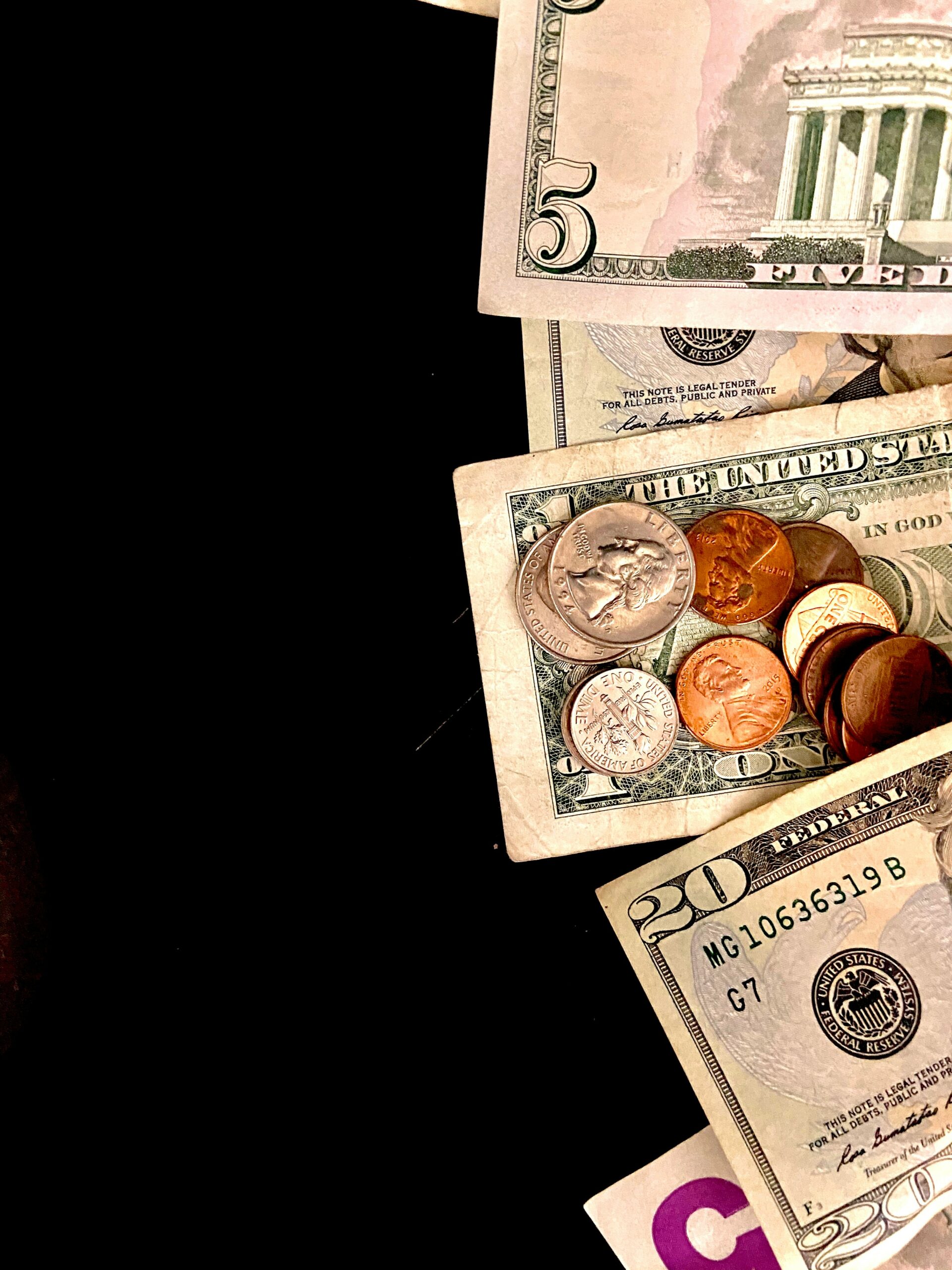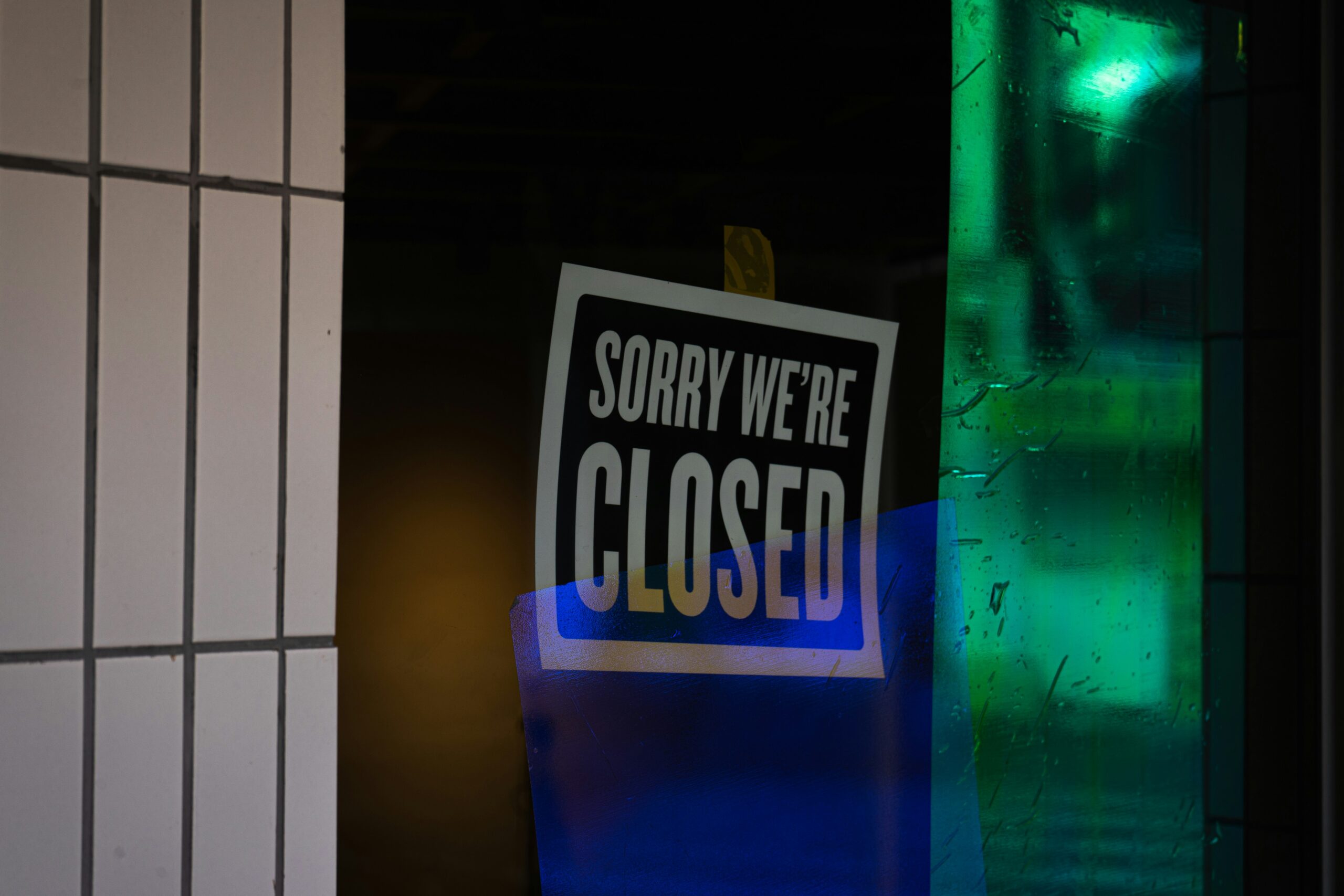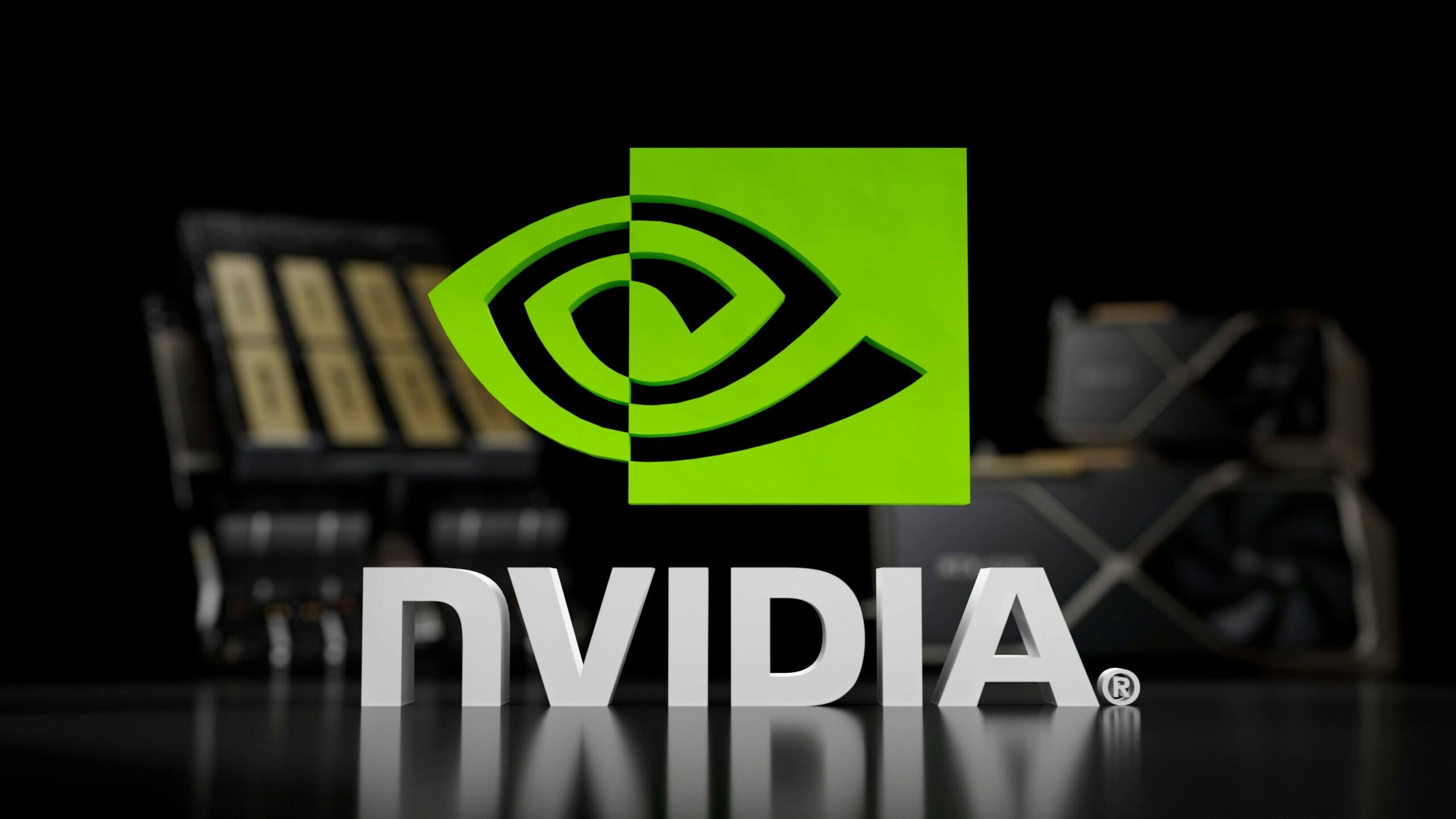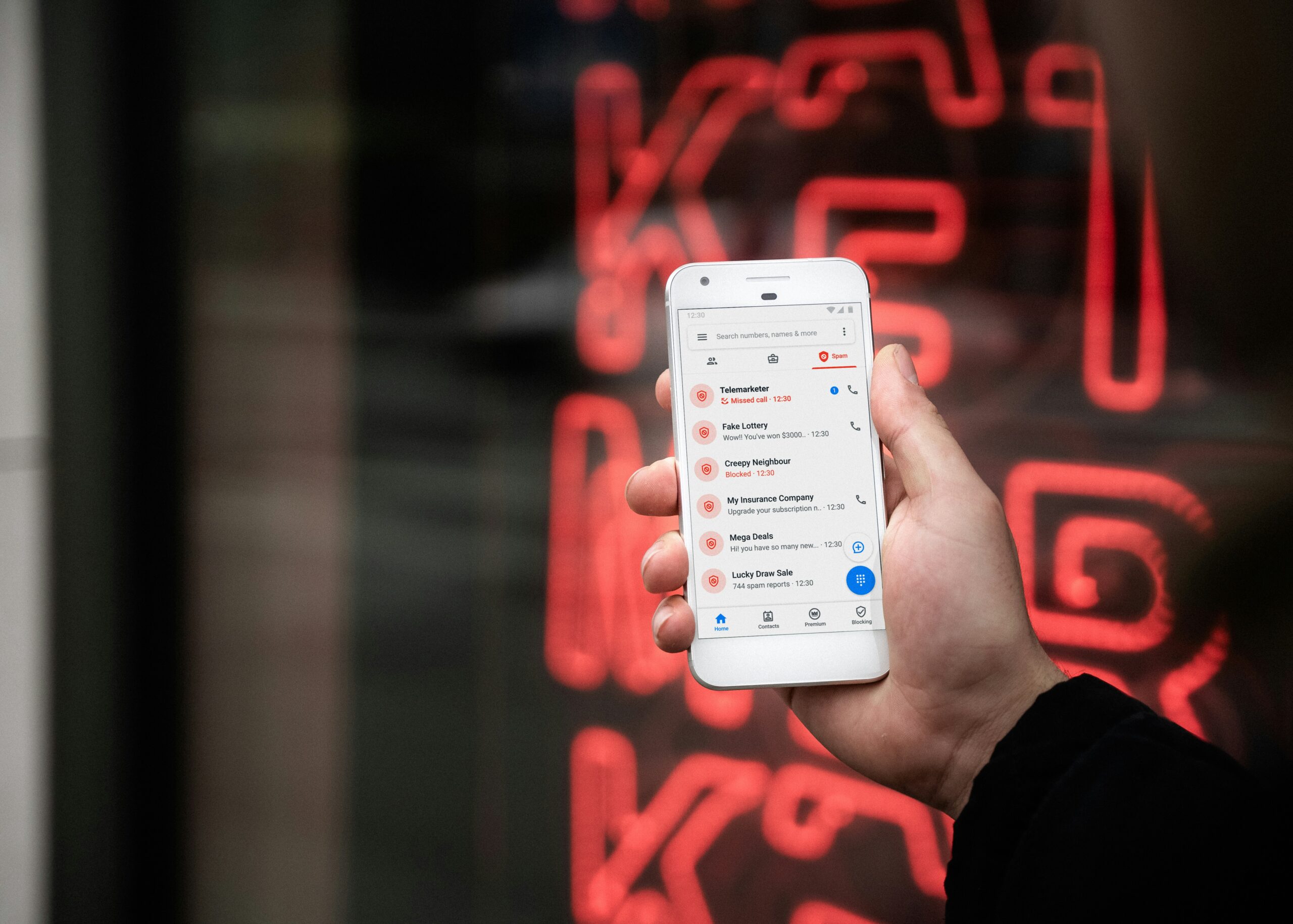Image credit: Unsplash
To manage others, you have to manage yourself first; in fact, that is arguably one of the distinguishing characteristics of “leadership” instead of just “management.” Effective leaders have the self-knowledge and the ownership to lead themselves and their teams into an uncertain but exciting future. Self-development empowers leaders to project influence, make clear decisions, and achieve better results. That is why, as many leadership developments opine, your first successful business needs to be the business of you.
The Self-Aware Leader
Self-awareness is critical for leaders because leaders take ownership of their results, mistakes, decisions, and outcomes. They also take ownership of the degree to which they are–or aren’t–living their values and living to their fullest potential.
Too often, leaders try to improve themselves by focusing first on metrics and outcomes. Since most leaders are results-driven, having a quantifiable framework for what skills and traits you are trying to improve can be very reassuring. But strong leaders step boldly into risky places, and self-examination is the most dangerous place of all.
Instead of starting with specific self-improvement objectives, ensure you have clear answers to the core questions. If you know what Simon Sinek would call your “why” of leadership, you will understand what drives you in the morning, and you will then be able to set specific measures for nurturing that.
Ask the tough questions: Why are you in this business and this position? What drives you to take risks? What do you aspire to ultimately? How hungry for it are you? What values do you live each day, and to what degree do your decisions support those values? When you reach the successes you dream of, what do you imagine your life will be like?
Taking Ownership
Leaders who fully own their motives, decisions, and results can act more decisively and inspire their senior teams to do the same. Personal ownership is how you break out of any rut; it’s how you stop yourself from settling into just doing the same thing and getting the same results.
Too many leaders, in times of adversity, get stuck and face “decision paralysis” in the face of all the external pressures on their business. If you genuinely believe you are responsible for where things are and whether they improve.
In that case, you free yourself to focus on those factors within your control, take a hard look at what internal factors are holding you back, and think more creatively about what you can do to move forward. Ownership gives you your agency back. It gives you clarity. It gives you the freedom to act, whereas before, you felt constrained and trapped by external conditions.
It also empowers you to hold yourself to a high standard and do so honestly, setting healthy expectations for you and your team. You can move forward if you have the discipline to carry through (“to plan the work and work the plan,” as the saying has it). When your motivation or drive falters, take ownership of that moment, too: Remind yourself of what drives you, and examine carefully what keeps you from sustaining your momentum.
“The buck stops with me” must be every leader’s ethos. It isn’t easy, but that kind of thinking – that willingness to take complete responsibility for your results, good or bad – will create success, inspire your team, and empower you.





